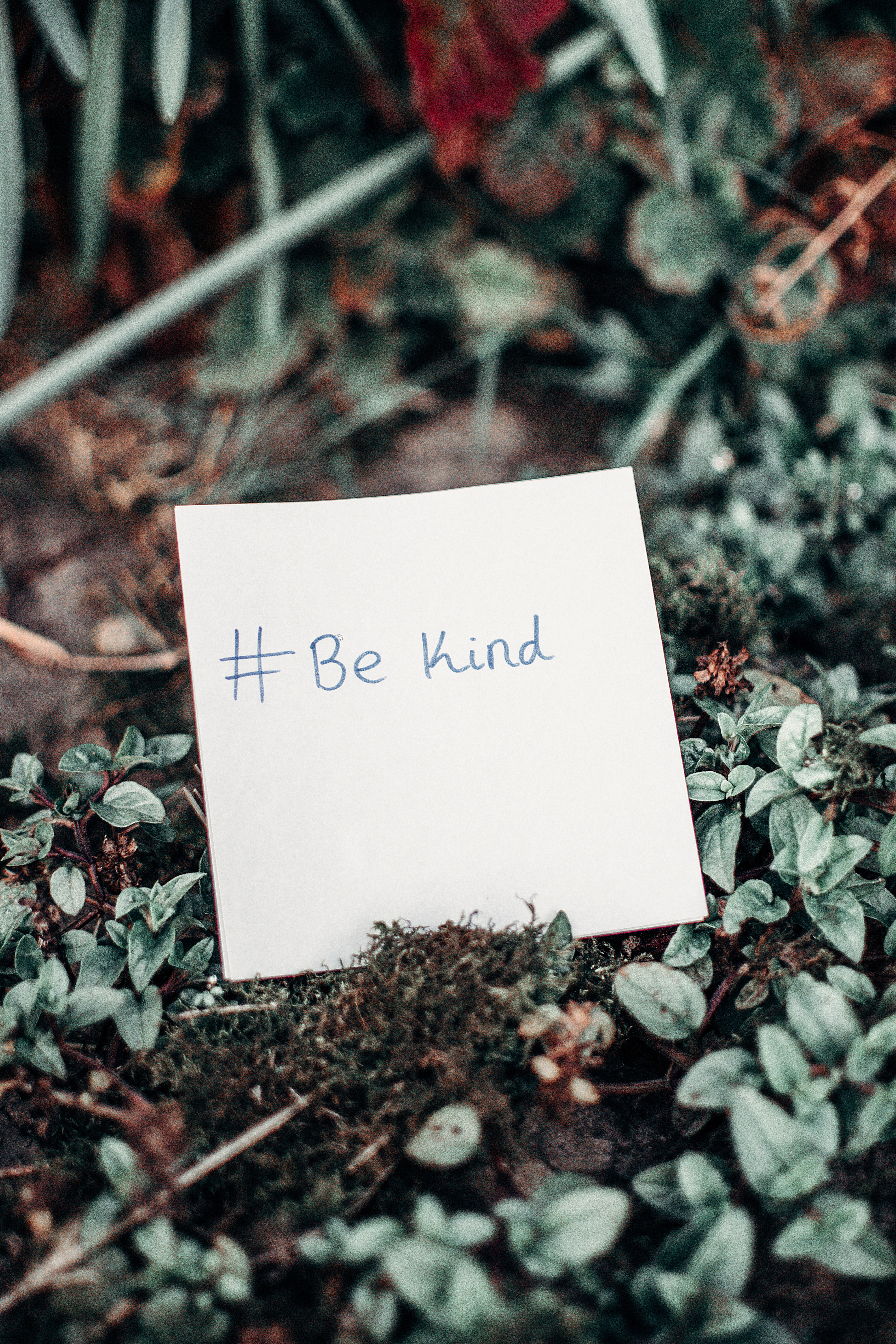As a behavior that sustains society, none is more selfless than altruism. To behave altruistically one must act in a manner that is self-disinterested. The good thing about altruistic behaviors is that you can make a significant impact with virtually no effort on your part. Whether volunteering your time daily, donating money to a charity or merely complimenting someone, giving back has a positive influence on the helper, the recipient of the help and ultimately the world. When you give back you pave the road for others to pay it forward. Practicing altruism can improve your:
Feelings of Gratitude
Nothing makes you feel more thankful for what you have than seeing someone who is struggling. Putting yourself in someone else’s shoes can put your life into perspective. Some people don’t have time to volunteer, but donating money to a good cause can also bring you satisfaction. Beyond their basic needs, say researchers, many people don’t derive increasing happiness from ever-increasing profits or the accumulation of luxuries. People are, of course, happy to spend money on themselves, but studies have shown that spending on others, particularly those in need, often yields greater happiness than spending on oneself.
Awareness
Some people are so involved in their own world that they really have no idea what is going on in their community, much less other countries. Altruism can expand your world while widening your perspective. Many people who can’t volunteer find child sponsorship to be a rewarding experience; they can see through communication and photos that their donations are making an impact on a child and his or her family. When you expand your awareness of the circumstances of others, that increased sensitivity enables you to give more of yourself.
Stress Levels
Do you ever feel a “rush” after doing a good deed? Research shows that being altruistic actually reduces stress levels, even more so when you’re helping someone you don’t know. Positive energy comes from helping behaviors. From this energy your brain releases endorphins, producing what’s known as the “helper’s high,” a natural high (much like the kind that you get from intense exercise). It might sound selfish that your selflessness benefits you, but it’s actually a good thing. You’re likely to do more of anything that you feel good doing.
Social Connectedness
People are social beings and need a sense of belonging. Volunteering increases the connection to new people that you probably wouldn’t have met if you didn’t volunteer. You not only meet people that you’re helping, but you also meet people like you who have philanthropic motives.
Impact on Others’ Healthy Habits
Altruism can provide motivation for adopting healthy behaviors. For example, if your spouse has a medical issue you may be more nutrition-conscious in the hope of encouraging him or her to do the same. It’s a win-win for everyone. This benefit can even be community-based, such as recycling to help the environment or wearing a face-covering in public during a pandemic.
Mental and Physical Health
Altruistic behaviors have a positive effect on your mental and physical health. However, you can’t help anyone unless you attend to your own needs, as well. Volunteerism can build empathy, but it can also deepen depression if you’re not mindful of your emotional wellbeing. You can even develop what’s known as compassion fatigue, a sign of burnout.
Knowledge
Most volunteer positions require some training. People usually volunteer in areas in which they have a personal interest. So, these are educational opportunities for helpers that grow empathy and altruism. When you increase your education and share it with the world, everyone benefits.
The current pandemic has borne witness to the best and worst of human behavior. We’ve seen some show great consideration and concern for others, as well as those focused upon only helping themselves. What the latter are missing is our inherent connectedness and our responsibility to be considerate to one another. One altruistic act can reverberate throughout one’s community.


